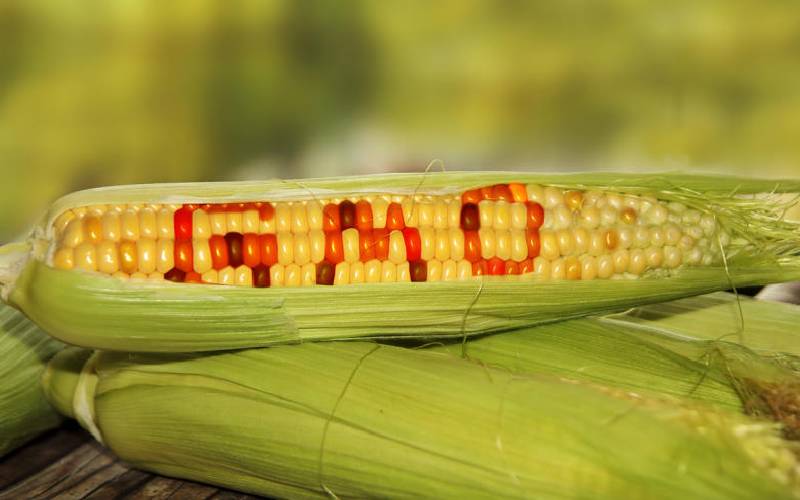×
The Standard e-Paper
Kenya’s Boldest Voice

The government has softened its tough conditions, allowing 26 companies to import yellow maize that is 99.1 per cent non-GMO.
In a Gazette notice exempting duty on imported raw materials used to manufacture animal and chicken feed, National Treasury CS Ukur Yatani backtracked on an earlier notice indicating that Government would only allow 100 per cent non-GMO yellow maize into the country.







